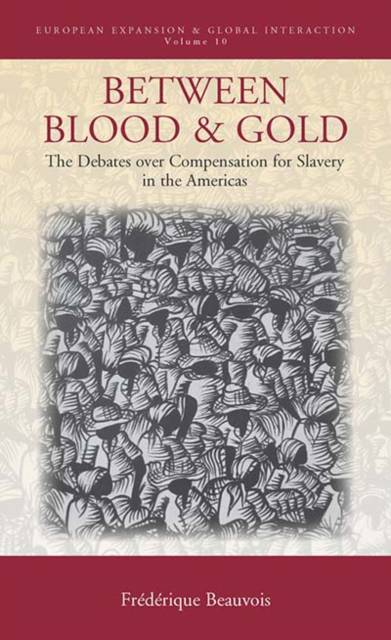
- Retrait gratuit dans votre magasin Club
- 7.000.000 titres dans notre catalogue
- Payer en toute sécurité
- Toujours un magasin près de chez vous
- Retrait gratuit dans votre magasin Club
- 7.000.0000 titres dans notre catalogue
- Payer en toute sécurité
- Toujours un magasin près de chez vous
Between Blood and Gold
The Debates Over Compensation for Slavery in the Americas
Frédérique BeauvoisDescription
Today, a century and a half after the abolition of slavery across most of the Americas, the idea of monetary reparations for former slaves and their descendants continues to be a controversial one. Lost among these debates, however, is the fact that such payments were widespread in the nineteenth century-except the "victims" were not slaves, but the slaveholders deprived of their labor. This landmark comparative study analyzes the debates over compensation within France and Great Britain. It lays out in unprecedented detail the philosophical, legal-political, and economic factors at play, establishing a powerful new model for understanding the aftermath of slavery in the Americas.
Spécifications
Parties prenantes
- Auteur(s) :
- Editeur:
Contenu
- Nombre de pages :
- 294
- Langue:
- Anglais
- Collection :
- Tome:
- n° 10
Caractéristiques
- EAN:
- 9781785333316
- Date de parution :
- 01-12-16
- Format:
- Livre relié
- Format numérique:
- Genaaid
- Dimensions :
- 152 mm x 231 mm
- Poids :
- 544 g

Les avis
Nous publions uniquement les avis qui respectent les conditions requises. Consultez nos conditions pour les avis.






